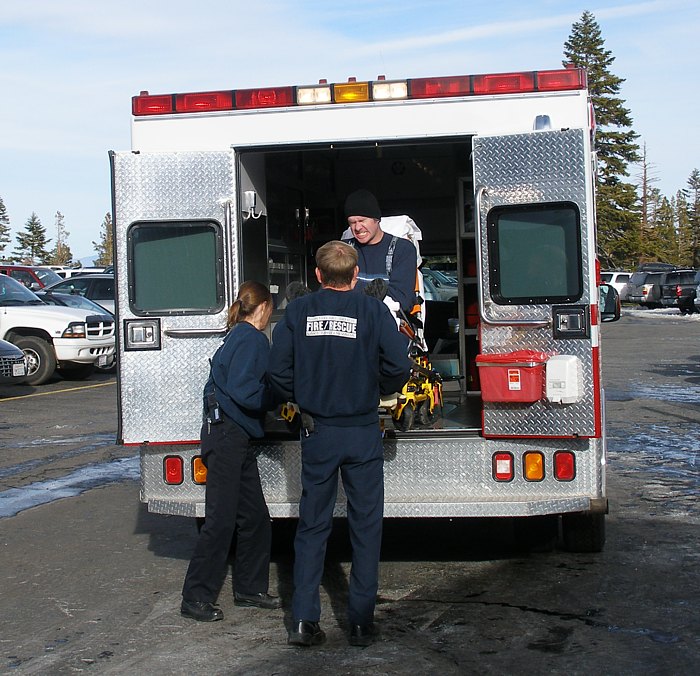EMTs Face Silent Mental Health and Suicide Risk
What type of help do first responders need?

Stephen Henderson talks with Chris Cebollero, former EMT and Chief of Emergency Medical Services for Children Hospital in St. Louis, Missouri. Ceberollo serves on the “EMS World” Editorial Advisory Committee, and hosts the “Inside EMS” podcast. They talk about how PTSD and suicide affect EMTs and other first responders.
- Invisible: Stephen asks how widespread trauma and suicide are among first responders. Cebollero says it is hard to tell because it is very well hidden. He says often EMTs do not know what their co-workers are thinking, even though they sit next to each other in the ambulance.
- Superman stigma: Cebollero says EMTs face a “superman” expectation that extreme situations will not affect them. He says the attitude is that if you can’t take the heat, you should “get out of the kitchen”. He believes this expectation must change so that EMTs can deal with their stress.
- Internalizing trauma: Stephen asks Cebollero how he dealt with stress when he was an EMT. Cebollero says he would disconnect himself from the situation and focus on providing immediate help. He says that when he was an EMT, he would talk to his co-workers about the things they experienced, while now people are more isolated from their teams because of technology. Stephen points out that this could be the difference between turning stress inward, and turning outward to colleagues or mental health professionals.
- Consequences of stress: Cebollero reminds listeners that police and firefighters also face this type of trauma. He says that often, first responders will turn to alcohol or drugs to cope with mental health problems.
- Institutional awareness: According to Cebollero, the Internet has improved institutional awareness of mental health issues among EMTs and other first responders. He gives the Code Green Campaign for EMT mental health as an example of positive awareness and activism. However, he says there is really no initial stress-management training for EMTs. He believes training should exist, and EMTs need better resources to deal with stress and PTSD.
Click the audio link above to hear the full conversation.
